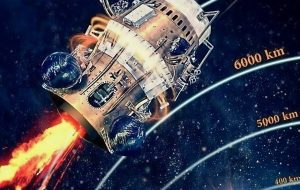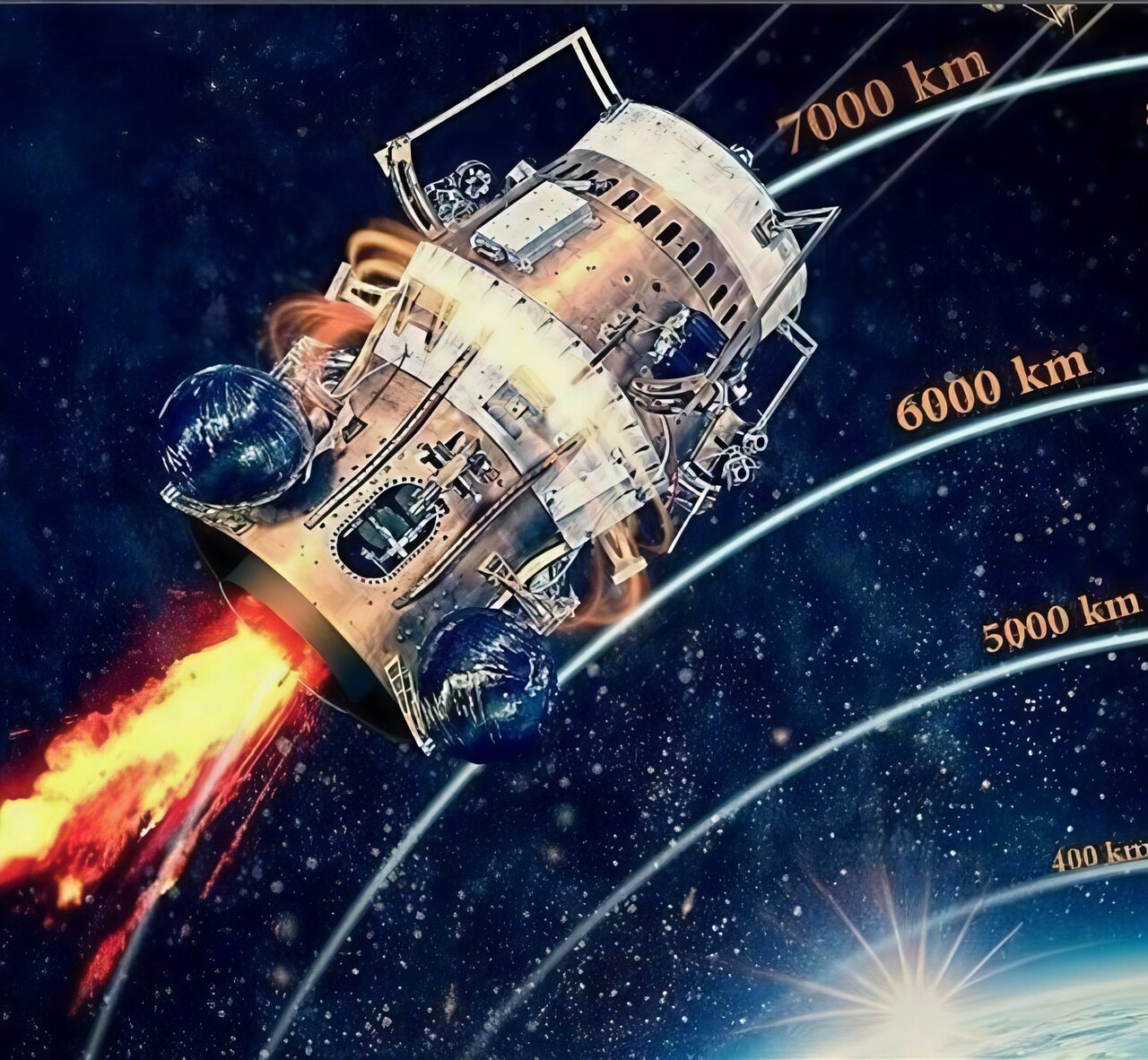Remarkable space leap for Iran as Saman-1 block succeeds in orbital trials
TEHRAN – Iran has made a significant advancement in its space program with the successful deployment and testing of the Saman-1 orbital transfer block, a specialized component designed to move satellites between different orbits. Head of the Iranian Space Agency Hassan Salarieh announced the news on Sunday. The Saman-1 block was launched during the eighth


TEHRAN – Iran has made a significant advancement in its space program with the successful deployment and testing of the Saman-1 orbital transfer block, a specialized component designed to move satellites between different orbits.
Head of the Iranian Space Agency Hassan Salarieh announced the news on Sunday.
The Saman-1 block was launched during the eighth mission of the Simorgh rocket, Iran’s primary space launch vehicle. It achieved an elliptical orbit with an apogee (the point in the orbit farthest from Earth) of approximately 410 kilometers and a perigee (the point in the orbit closest to Earth) of 300 kilometers.
“We established effective communication with the block just hours after its placement into orbit,” Salarieh confirmed on Sunday.
The head of the space agency detailed that the Saman-1 underwent rigorous testing, including assessments of orbital communications and attitude control, which is the ability to control the orientation and position of the block in space.
“The block traversed Iranian airspace several times, maintaining regular communications and testing various subsystems,” he explained.
The communication system’s performance in the UV band was evaluated, with successful telecommands and telemetry data received.
The block’s cold gas propulsion system for attitude control performed well, alongside status determination sub-systems which determine the block’s position and orientation.
“After separation from the launcher, we successfully managed the initial spin, bringing the angular velocity close to zero,” Salarieh noted.
Further tests included thermal balance maneuvers for temperature stability, and the operation of onboard computers was verified.
A notable achievement was the soft separation of a dummy satellite and a mass model, monitored by onboard cameras to assess separation quality at the elliptical orbit.
Salarieh mentioned that the main engine’s activation chain was tested multiple times, noting the solid-fuel thrusters worked well, providing the necessary dynamic balance for the main engine ignition.
